As you discuss your estate planning needs with an attorney and start talking about a trust, you may hear the attorney mention revocable and irrevocable trust. So, what are the key differences between the two?
Ability to Modify
The key difference between the two types of trust is the ability to modify the document. While a revocable trust allows the creator to modify, change or even fully revoke the trust after it has been signed and funded, the irrevocable trust does not. Once the irrevocable trust has been funded, the language within the document does not allow for it to be changed or revoked, even if the creator of it changes his or her mind.
Ownership of Property
Once property has been put into the revocable trust’s name, it is still considered the asset of the trust’s creator; therefore, he or she still has access and control of the property (you can read more about how the revocable trust works here). However, when it comes to the irrevocable trust because the trust cannot be altered or revoked once funded, anything that is put into the trust becomes the property of the trust and the individual who transferred it no longer has interest or control of it.
Protection of Assets
Because the ownership of the property might change, depending on the type of trust it is, so does the protection of the assets. Any asset that is transferred into an irrevocable trust is protected from creditors and any judgments that the creator of the trust may have against him or herself. That is because, as mentioned above, the individual has no interest or control of that asset, and therefore, it stays protected. However, that is not true when it comes to a revocable trust. A creditor may still be able to collect against an asset put in a revocable trust to satisfy a judgment.
Tax Benefits
In 2021, the amount exempted from federal estate tax is $11.7 million. If you have an estate larger than that, placing all or part of it into an irrevocable trust will help you avoid paying a federal tax on it. In other words, any asset that is in your or your revocable trust’s name will be counted towards the $11.7 million and any asset in the irrevocable trust’s name will not.
Access to Government Benefits
Because the assets put into an irrevocable trust are out of the ownership and control of a party, they will not count against that person when she or he tries to apply for government benefits, such as Medicaid or SSI. However, assets placed in a revocable trust, will still be considered the person’s asset against his or her allowable amount. If you are considering any government benefits, talk to an attorney before taking any steps in creating an estate plan.
We Can Help
Have more questions about your estate plan? Call Sobon Law, LLC (216) 586-4246 today!



